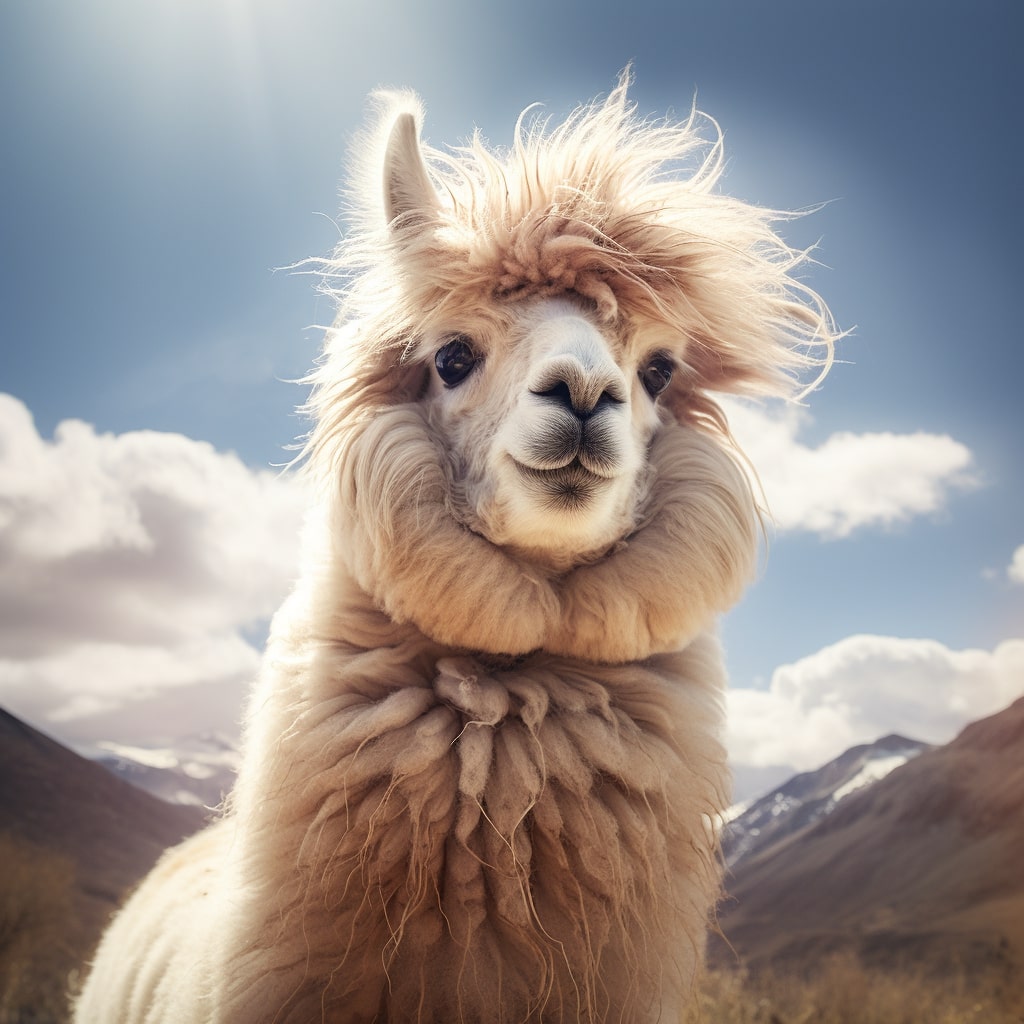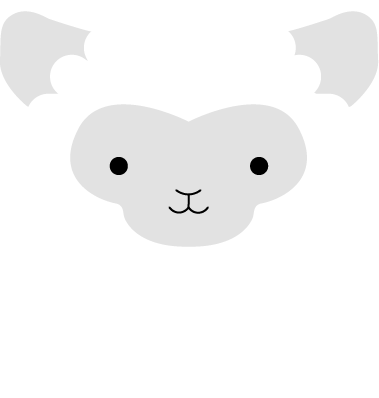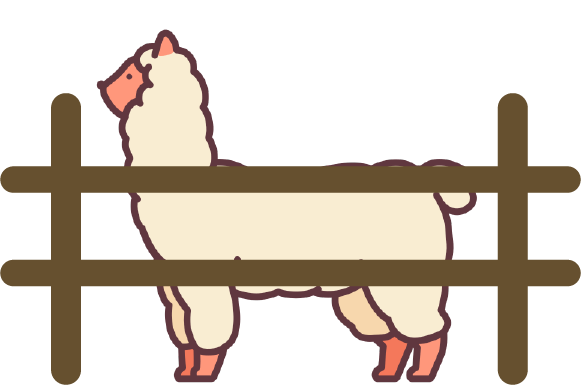Alpaca blog: discovering their fiber, breeding information, and places for enriching walks
Recent Articles
What determines the price of alpacas?
Buying your first alpaca: what to know and advice
The alpaca paddock: characteristics and management
Alpacas
Alpacas are camelids originating from Peru and date back more than 6,000 years. Through the study of hieroglyphs, it has been determined that alpacas were domesticated by the Incas over 4,500 years ago.
Alpacas can be of two breed types: Huacaya and Suri, which differ in the type of fleece they produce. Alpacas are known for their docile and curious nature, making them suitable for therapy animals as well. They have a prized fleece, pads instead of hooves, and large eyes that express sweetness and gentleness.
Read more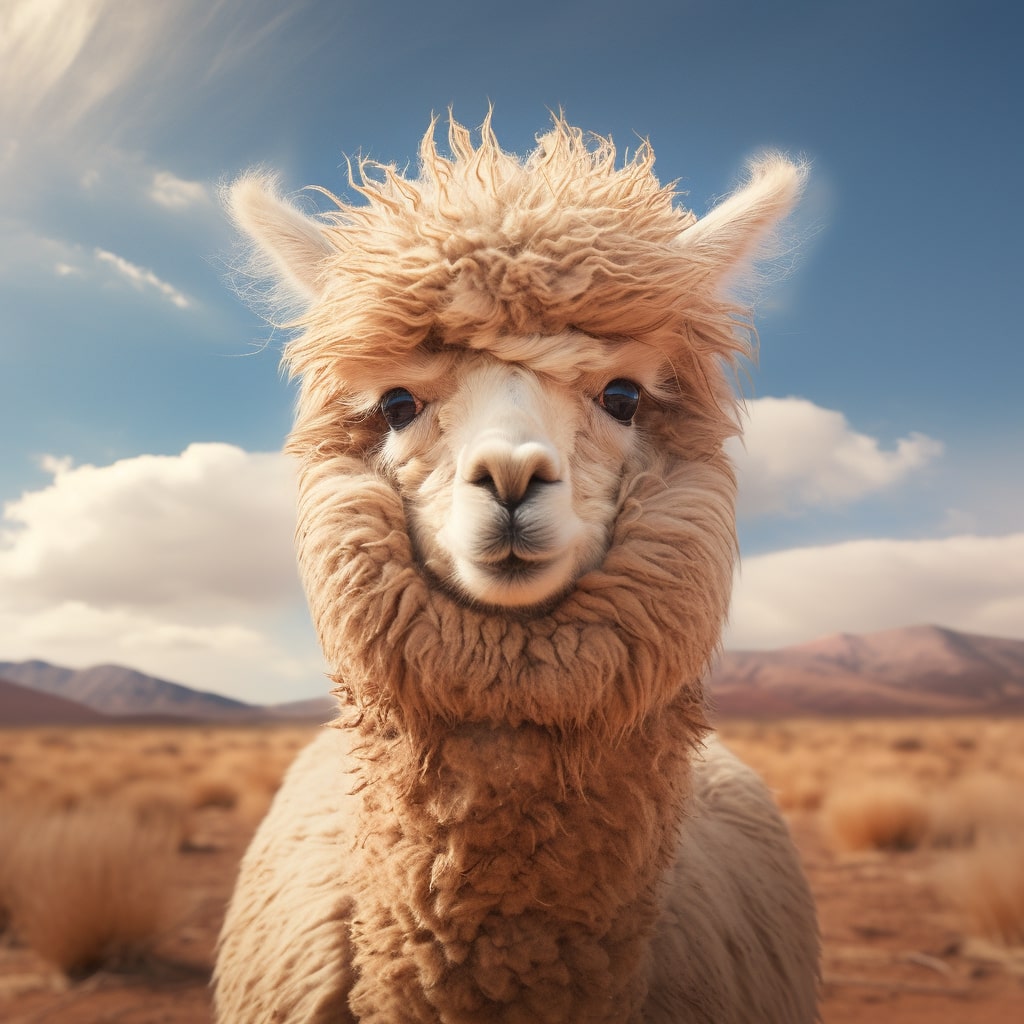
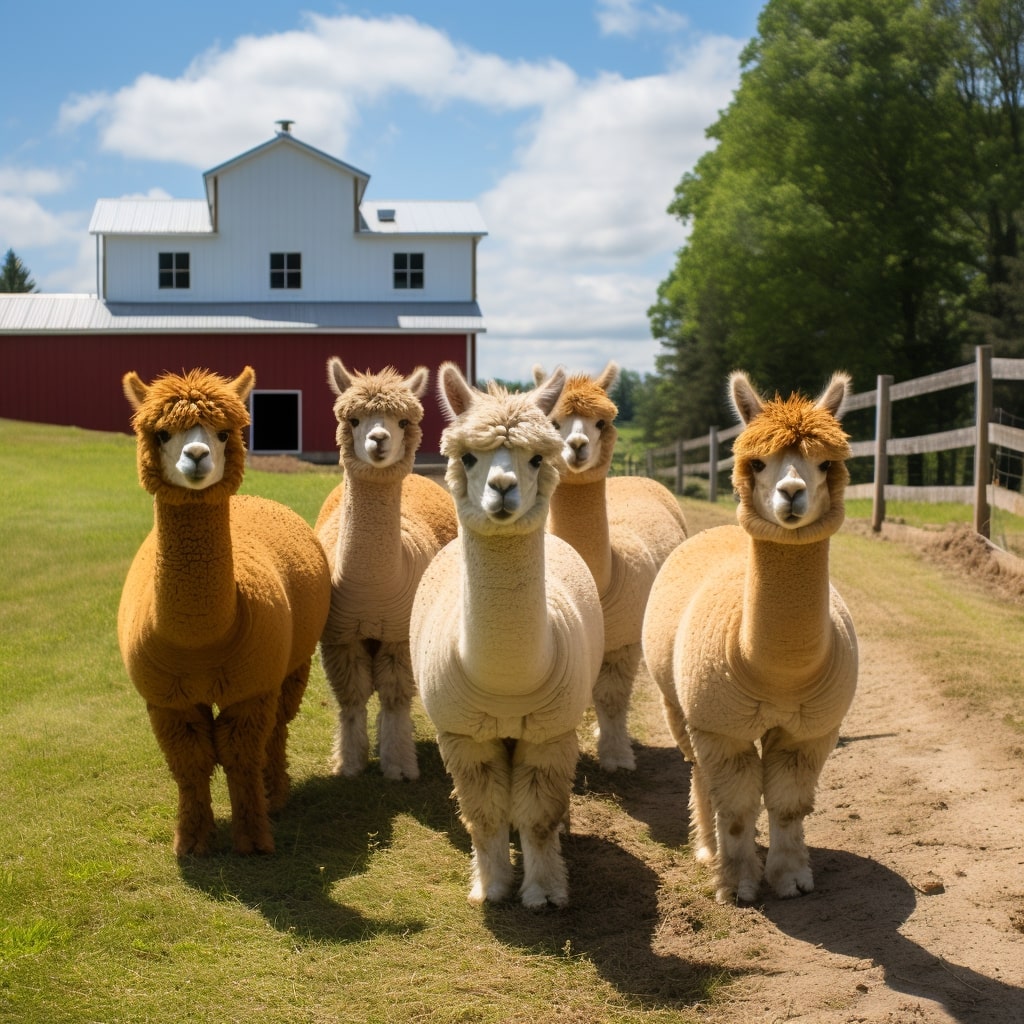
Breeding Alpacas
Breeding alpacas is becoming increasingly popular in Europe due to their adaptability to almost all climates. Alpaca breeding serves multiple purposes such as selling the wool, producing clothing from the fiber, selling alpaca young (cria), and activities like alpaca walks, guided tours, and pet therapy.
Embarking on alpaca breeding, if well organized, can bring much satisfaction, including a positive economic outcome.
Read moreArticles on alpaca Breeding
Alpaca wool
Alpaca wool is one of the most prized fibers and possesses several qualities including:
- Luster;
- Softness;
- Thermal properties;
- Absence of lanolin;
In the past, alpaca wool was referred to as the wool of the gods because it was more precious than gold and was only worn by nobility and kings.
Read moreArticles on alpaca wool
The cost of Alpacas
The purchase and maintenance of alpacas involve various costs that must be considered. In addition to the purchase price of the alpacas, other ancillary costs related to pasture land and their care must also be considered. Furthermore, equipment and tools are needed to feed, shear, and care for the alpacas, ensuring their well-being.
Other costs to consider are medical and health expenses, both routine and extraordinary, to keep the herd in good health. It is important to consider all these ancillary costs when purchasing alpacas to ensure the health and welfare of the animals.
Read More
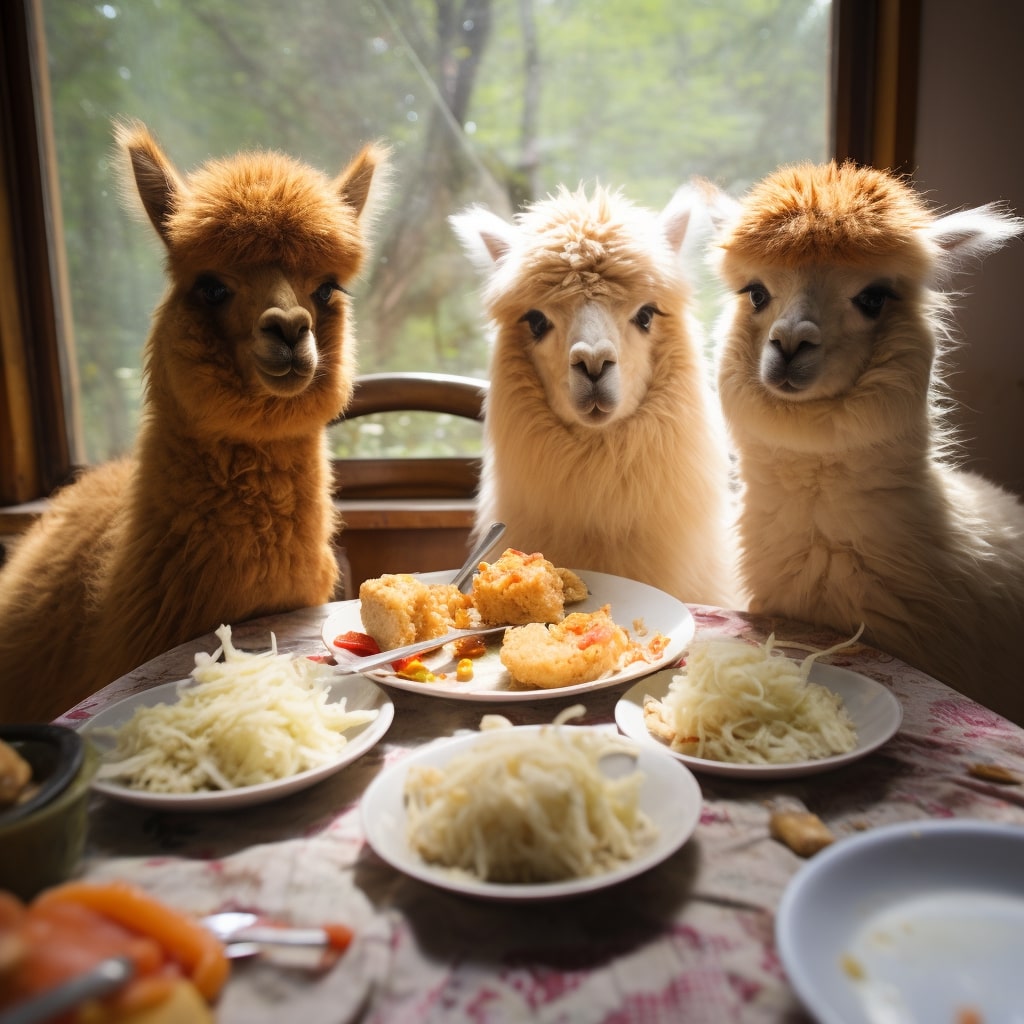
Alpaca feeding
Alpacas are vegetarian animals capable of perfectly digesting large amounts of grass, hay, leaves, and stems. Their diet can be supplemented with feed, vitamins, and minerals during winter or under specific circumstances such as pregnancy and weaning of alpaca young.
Proper nutrition is crucial to avoid diseases such as obesity or severe weight loss. Water is very important for alpacas, not only for their sustenance but also for bathing, as alpacas love to wash themselves. Therefore, it is recommended to provide tubs.
Read moreHealth and diseases
Alpacas are strong and robust animals but are also susceptible to various diseases. Prevention is crucial, such as choosing quality feed/hay, performing proper paddock rotation, and conducting routine analyses. The veterinarian must always follow up and advise on therapies to address various diseases.
Le malattie più comuni sono:
- Intestinal parasites;
- Mites;
- Rickets;
- Facial eczema;
- Copper deficiency;
